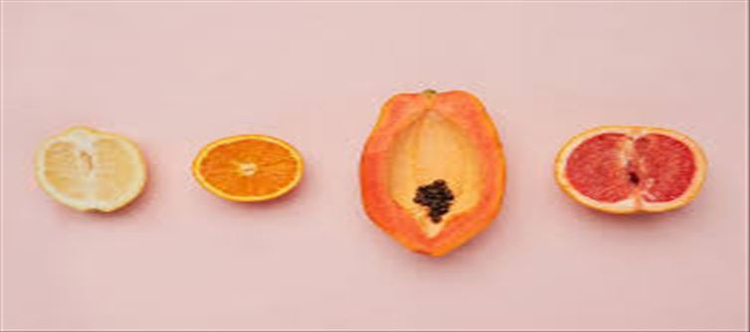
Vulvar itching or discomfort can have various causes, and it's essential to grasp these underlying factors for effective management. These sensations often indicate that something is amiss in the sensitive vulvar region. A prevalent factor is yeast infections, which occur when there's an overabundance of the Candida fungus. This overgrowth can be prompted by various factors, including antibiotic use, hormonal fluctuations, or a weakened immune system.
.jpg)
Symptoms typically include itching, burning, redness, and a discharge resembling cottage cheese. Another common culprit is bacterial vaginosis, resulting from an imbalance in vaginal bacteria. It manifests with symptoms such as itching, unusual discharge, and a distinct fishy odor. Skin conditions like eczema or psoriasis can also affect the vulvar area, leading to itching, redness, and discomfort.
Furthermore, irritants and allergens such as scented soaps, perfumes, synthetic fabrics, or latex condoms can induce irritation, especially in individuals with sensitivities or allergies. Sexually transmitted infections (STIs) like genital herpes, chlamydia, or trichomoniasis can present as vulvar itching and discomfort, often accompanied by painful sores or unusual discharge.
Hormonal shifts, notably those linked to menopause, can result in vulvar dryness and itching. Chronic conditions like lichen sclerosis and the presence of cysts or abscesses in the Bartholin's glands near the vaginal opening can also lead to vulvar discomfort. Vaginal dryness, which can arise due to menopause or specific medications, may lead to discomfort, particularly during sexual activity.
In all cases, it's crucial to seek medical attention if vulvar itching or discomfort persists or worsens. Healthcare providers can diagnose the underlying cause and recommend appropriate treatments, which may range from over-the-counter remedies to prescription medications or lifestyle adjustments. Understanding the root cause is the first step toward finding relief and ensuring vulvar health.




 click and follow Indiaherald WhatsApp channel
click and follow Indiaherald WhatsApp channel